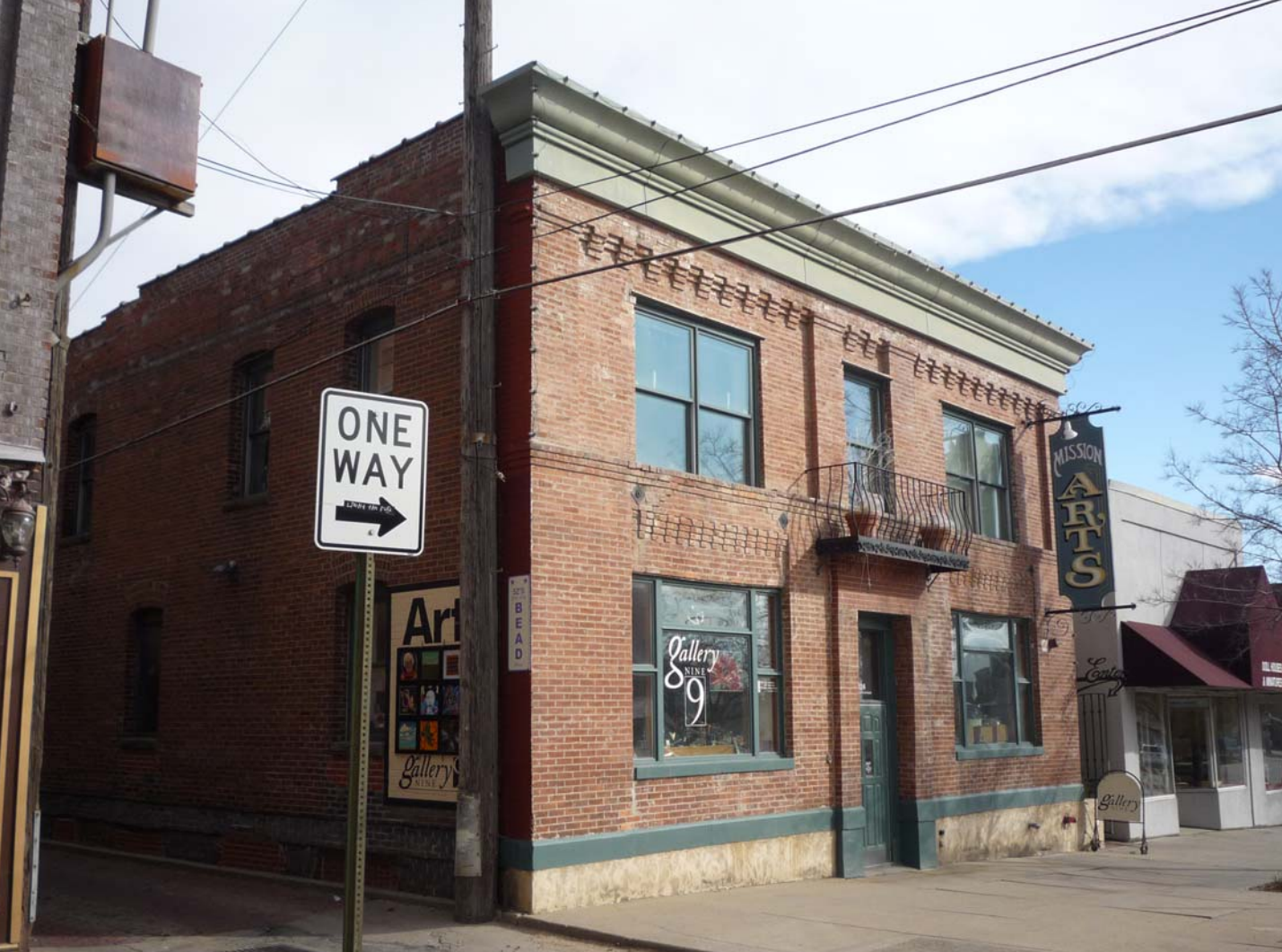National Register Nominations
The National Register of Historic Places was created in 1966 by the National Historic Preservation Act. The Register is a list of national, state, and locally significant landmarks throughout the United States. Nominations preserve the history of these buildings, structures, and sites for future generations and also provide the opportunity to use historic tax credits for renovation projects. Below are nominations authored by me, starting with the Rose Kirkwood Brothel in 2012.
Rouse Ranch
The Rouse Ranch is one of the last remaining homesteads established in Nebraska as part of the original Homestead Act of 1862. The original 160 still acres remains in the hands of descendants of the original settlers.
North Platte Commercial Historic District
Transportation, from wagon to wheels, shaped the way North Platte, NE developed. From its time as the location of Hell on Wheels during the Union Pacific Railroad construction to its location on the Lincoln Highway, North Platte served as an important commercial hub.
Rose Kirkwood Brothel
The Rose Kirkwood Brothel, located in Lincoln, Nebraska, was added to the National Register in 2012. It is locally significant for its contributions to social history, starting out as an infamous brothel, but converting to the People's City Mission in 1910.
Myrick-Green Building
The Myrick-Green Building located in Lubbock, Texas had a National Register Nomination written, however it was never taken through the process to get approved. Despite the lack of formal recognition, the building was renovated into offices and a showroom for a local car dealership.
Historic Research
A Return to the Town Square
A Return to the Town Square was a report completed for the 2017 International Making Cities Livable Conference. The paper dives into the history of town squares and their ability to serve as not just as an icon, but a place for civic and economic activity, a feature that has long been forgotten as the markets converted to malls and grocery stores.
Minneapolis Music History Project
Completed in December 2018, the Minneapolis Music History Project is a context study and reconnaissance survey of Minneapolis’s evolving music scene from 1850 to 2000. From 19th century opera houses to the iconic First Avenue, the report documents the impact music has had on the city and the buildings and sites that helped make it happen.




